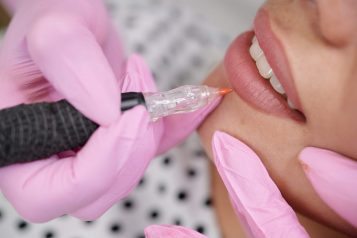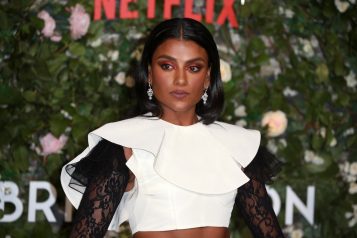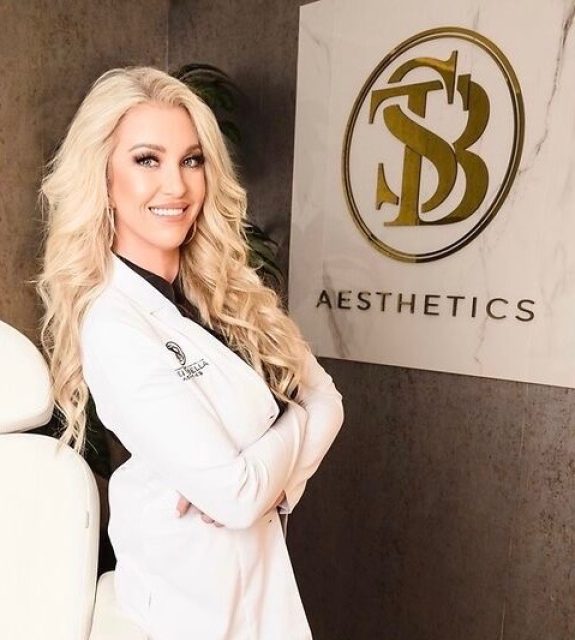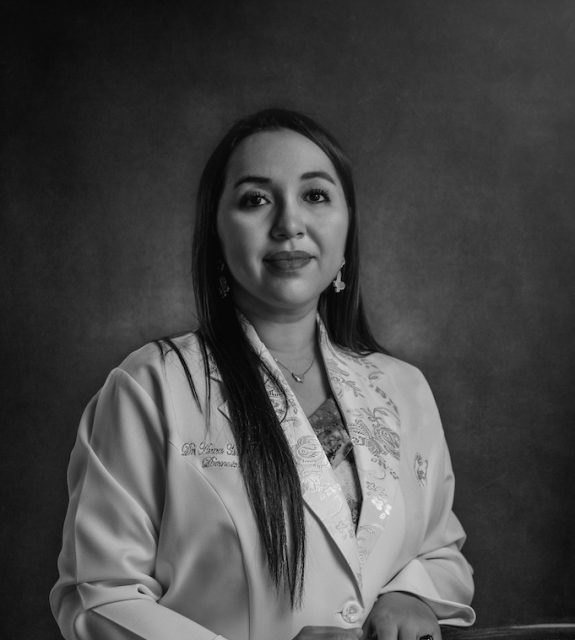Dr. Samuel Lin is a double board-certified Plastic Surgeon and Associate Professor of Surgery at Harvard Medical School who practices in Boston, Massachusetts. Dr. Lin received his Bachelor’s degree in Biomedical Engineering at Northwestern University and was enrolled in the Honors Program for Medical Education at Northwestern University, Feinberg School of Medicine, Chicago, Illinois. Dr. Lin is board certified by both the American Board of Plastic Surgery and the American Board of Otolaryngology-Head and Neck Surgery. Dr. Lin is board certified by two ABMS boards. He is Program Director of the BIDMC-Harvard Plastic and Reconstructive Surgery residency, and Co-Director of the Harvard Aesthetic and Reconstructive Plastic Surgery Fellowship at BIDMC. Dr. Lin has been a Boston “Top Doc” for several years in plastic surgery.
 Photo Credit: Shutterstock
Photo Credit: Shutterstock
Celebrities are often visual and aesthetic tastemakers with the ability to start trends. These trends and tastes are evident in fashion, hairstyles, and other elements of visual culture, so it makes sense that this celebrity influence carries into plastic surgery. Some examples of popular celebrity-inspired looks may include Kylie Jenner or Angelina Jolie’s lips, Kim Kardashian or Beyonce’s buttocks, and Jennifer Lawrence or Kate Middleton’s nose. These requests certainly vary over time and Haute Beauty experts Natalie Hassell and Dr. Samuel Lin, MD, FACS are here to discuss.
Patients may cite a specific celebrity look as a way to communicate the change that they would like to achieve. Often, the subtleties and nuances that make each face or body unique can be hard to describe, so celebrity images can aid in communication. When a surgeon is presented with a celebrity photo, it is important that they talk extensively with the patient to understand what exactly about the celebrity look the patient hopes to achieve.
Plastic surgery cannot make a patient look exactly like their celebrity idol, nor should that be the goal. A patient who cites a celebrity as the inspiration for a specific breast or nose shape, for example, may be a better candidate than a patient who hopes to look like a celebrity after surgery.
A thorough discussion about what exactly the patient appreciates about the celebrity look can help the surgeon understand the patient’s goals for surgery and tailor the look to suit the patient’s own unique anatomy. Most importantly, safety should not be compromised to achieve a specific look, so the surgeon must educate their patient on the limits of what can be safely achieved with plastic surgery. It is important for patients to understand that it is not realistic to ‘achieve’ a celebrity’s body part on themselves. In the end, it is important to understand a patient’s motivations for surgery and establish mutual expectations preoperatively in order to proceed with any surgery, including celebrity-inspired procedures.
References:
- Tijerina JD, Morrison SD, Nolan IT, Parham MJ, Richardson MT, Nazerali R. Celebrity Influence Affecting Public Interest in Plastic Surgery Procedures: Google Trends Analysis. Aesthetic Plast Surg. 2019 Dec;43(6):1669-1680. doi: 10.1007/s00266-019-01466-7. Epub 2019 Aug 7. PMID: 31392394.
For more information, visit Dr. Samuel Lin's social media:






















